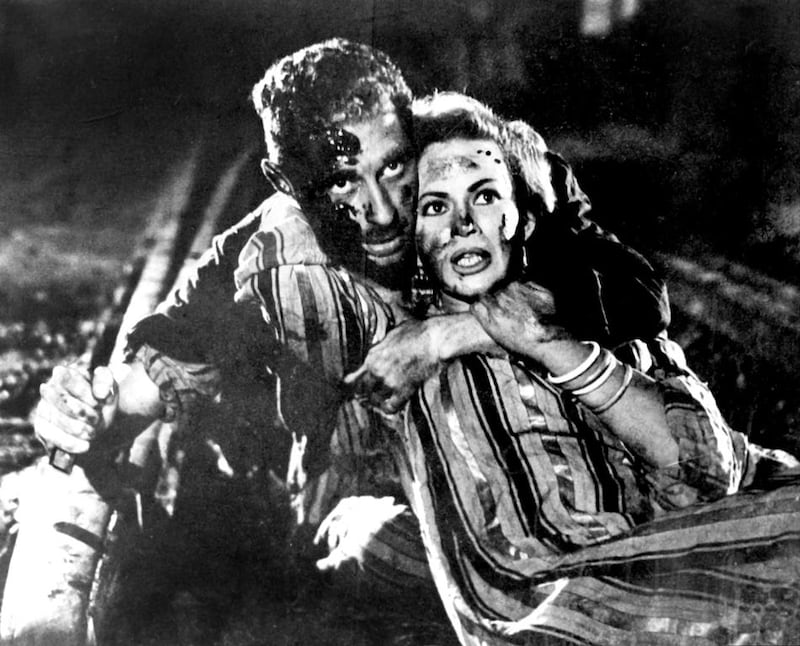Compiling a list of the top 100 greatest Arab films ever made is no mean feat, but yesterday, the Dubai International Film Festival (DIFF) revealed that’s exactly what it has done.
More than 475 regional and international film critics, writers, novelists and academics contributed to the project, which culminated in the book Cinema of Passion.
The handpicked participants were asked to select their personal list of the 10 most influential films in Arab cinema; the results were then collated into the final 100 hotlist. With the support of the Dubai Culture and Arts Authority, the English-Arabic book will be rolled out in UAE bookstores next month and housed in libraries as a reference tool across the Middle East and North Africa.
After seven months of deliberation, experts unanimously agreed that North African films should dominate the top spots.
The first place went to the late Egyptian director and set designer Chadi Abdel Salem with critics agreeing that his only feature movie, The Mummy (1969) was a worthy No 1.
The second and fourth place belonged to two of the Alexandria-born film director Youssef Chahine’s classics, Cairo Station and The Land. In eighth place was the movie Kit Kat by Cairo’s Daoud Abdel Sayed. Born in 1946, the filmmaker learnt his craft working as an assistant to Chahine in the 1970s.
“I salute DIFF and want to thank all those who created this important list.” Sayed said. “Looking back at Arab cinema of the 1960s and 1970s, few countries ... were attempting to produce new movies. Today, all the big Arab countries from Algeria to the Gulf are contributing to our film legacy.
“Arab cinema today reflects what’s happening on the ground. Films are focusing on the preoccupations and political challenges of the region. Very few productions and short movies are happening in Egypt at the moment, but I’m sure they will recommence once we have a better future.” he added
Other cinematic masterpieces to make it into the top 10 came from respected Arab directors hailing from Algeria and Libya to France and the UK.
Films with UAE pre- or post-production connections also featured on the list, with Wadjda by the Saudi Arabian director Haifaa Al Mansour and Coming Forth By Day by Egypt’s Hala Lotfy making the cut.
The book’s release is timely, with DIFF just around the corner, from December 6 to 14.
“The project is the perfect way to celebrate DIFF’s landmark 10th edition this year,” said the film festival’s chairman, Abdulhamid Juma. “Since its inception, our core mandate has been to celebrate, promote and nurture Arab cinema and the book adds an important dimension of preserving and analysing the region’s film treasures.”
Juma emphasised how Cinema of Passion highlighted that the success of many Arab pictures was down to the passion and diversity of industry enthusiasts.
“Importantly, the project recognises a rich tradition of Arab intellectuals and film specialists,” he said “Cultural workers are often unsung heroes of the film industry, overshadowed in the public eye by master directors like Youssef Chahine or timeless stars like Soad Hosny.
“However, it is the critics, academics and other cultural figures that love, publicise and cherish these films long after they have left the box office.”
• The 10th edition of DIFF runs from December 6 to 14. For more information, go to www.diff.ae





